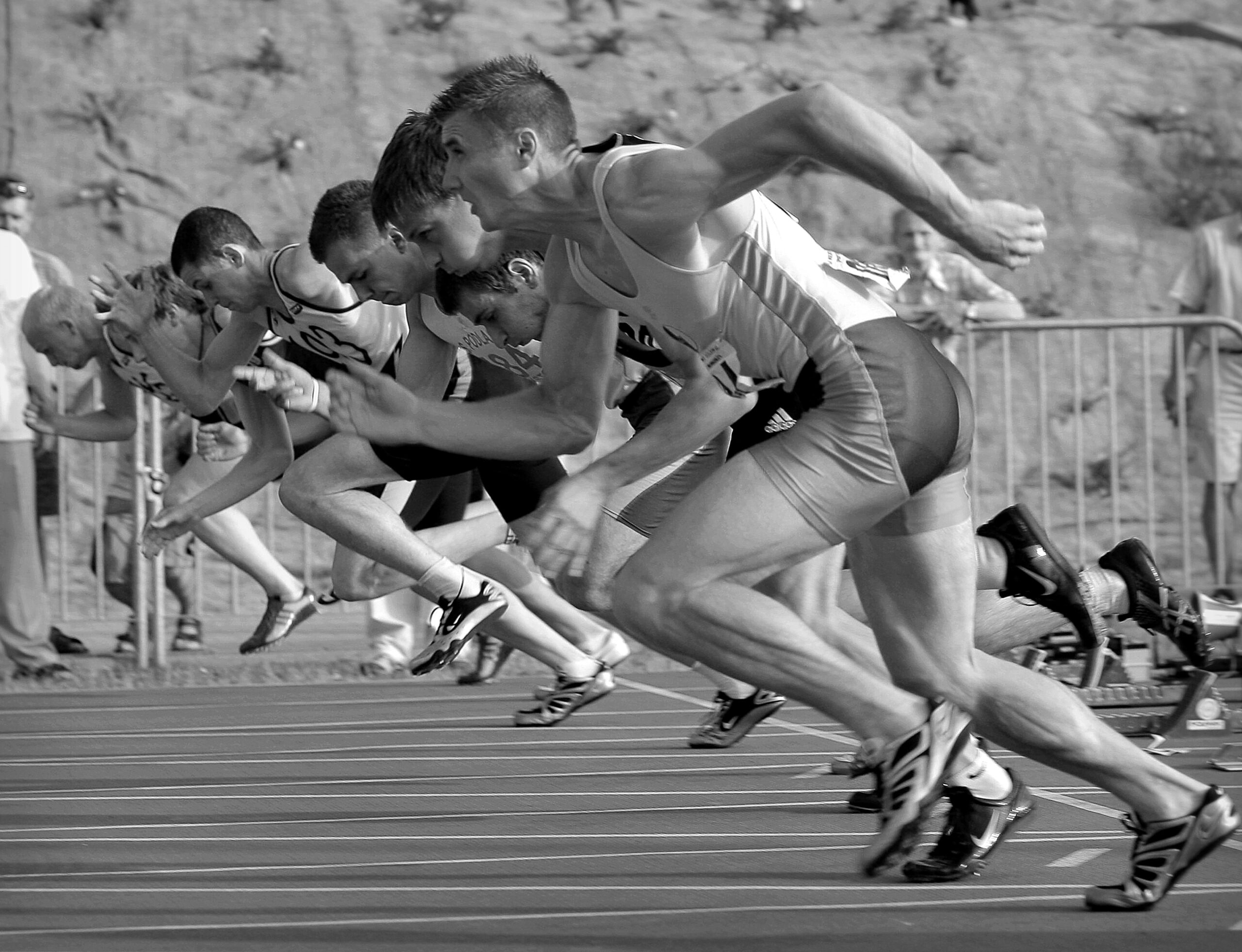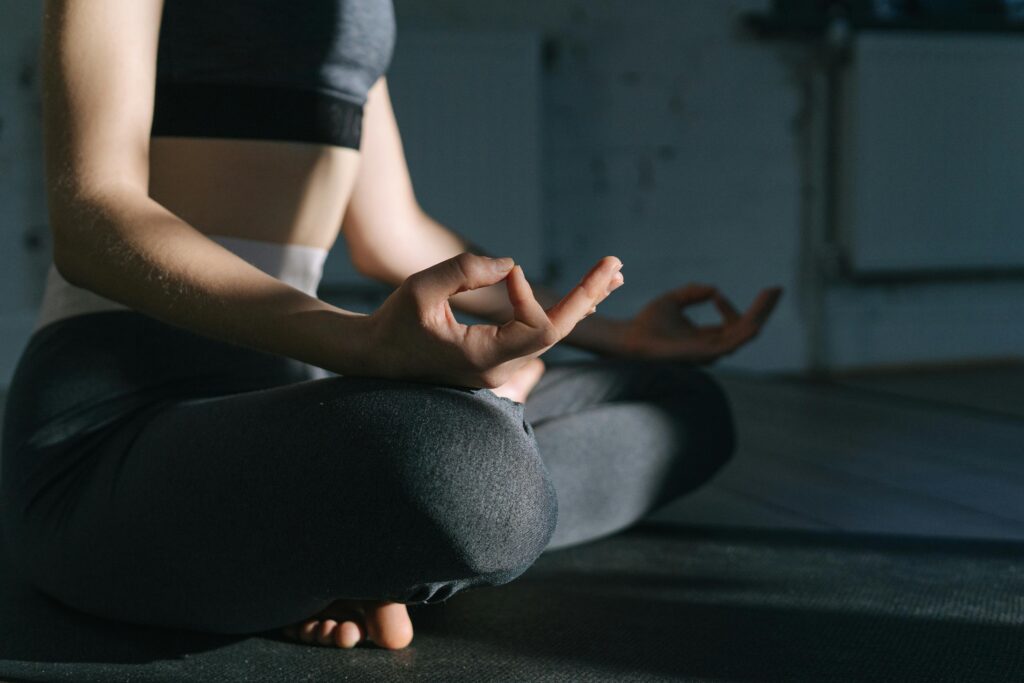
The Stoic Foundation of Fitness
When people think of Stoic philosophers, the first thing that comes to mind are fat elderly men sitting around and contemplating about the universe. However, this could not be further from the truth. The Stoics weren’t just intellectuals, they were very active people.
Chrysippus, one of the early Stoic thinkers, was a long-distance runner. Cleanthes, his successor, spent his days carrying water and his nights boxing. Even the emperor and philosopher Marcus Aurelius found time to wrestle and hunt. For the Stoics, physical fitness was not a secondary concern but an integral part of a well-lived life.
1. The Interconnection Between Body and Mind
The Stoics knew that the body and mind were closely linked and that both needed to be looked after and trained. Seneca emphasized this by stating, “We treat our body rigorously so it is not disobedient to the mind.”
A weak body will inhibit your mind, your work, and your overall well-being. It will drain unnecessary energy and put undue stress on you. However, a strong body will enhance your day-to-day life and improve your thinking. It will make life easier, enabling you to pursue your work and focus on what is necessary and important.
Modern research supports this ancient wisdom, showing that regular exercise reduces stress and improves cognitive functions. Physical activity leads to increased energy, sharper focus, and better mood regulation. These benefits align with the Stoic goal of living with purpose and clarity.
Engaging in fitness routines can also serve as a form of mindfulness. The focus required during exercise—whether tracking your breath, perfecting movements, or maintaining rhythm—can bring mental calmness. This practice is not only about strengthening muscles but also about cultivating mental presence.
2. Physical Fitness as a Necessity for Virtue
For the Stoics, living virtuously means giving your best and fulfilling your potential. As Epictetus asked, “How much longer are you going to wait to demand the best of yourself?” So by what means are you able to do your best when your body won’t allow for it? How can you fulfill your potential when you are literally weighed down?
A healthy body facilitates a healthy mind. The Stoics believed that neglecting physical well-being undermined one’s ability to act with purpose and clarity. Thus, maintaining physical fitness is as important as cultivating intellectual and moral virtues.
3. Community Building Through Fitness

Contributing to the common good is one major aspect of Stoic philosophy. And, fitness and sports often foster this sense of collective effort. Team sports such as soccer or volleyball, for example, require collaboration, trust, and mutual support. Working together to achieve a common goal reflects their belief in the interconnectedness of all individuals.
The bonds formed through spots and physical activities extend beyond the playing field. Shared challenges, whether in competition or practice, build mutual respect and teach resilience. Even individual pursuits, like weightlifting or yoga, can create a sense of community when done in a group setting.
In the gym, acts of encouragement—such as spotting during a tough lift or cheering during group classes—reinforce these connections. The Stoics would view these interactions as opportunities to contribute to the well-being of others. By strengthening both individual and communal ties, fitness becomes a way to live according to Stoic ideals.
4. Developing Resilience Through Physical Training
Just as intellectual growth requires reading and reflection, physical fitness demands effort and consistency. In that, training your body helps to establish these essential virtues in all your actions.
“The impediment to action advances action. What stands in the way becomes the way.” – Marcus Aurelius
Think about the effort it takes to finish that last rep during weightlifting when your whole body is telling you to stop. These physical challenges push your boundaries and make you mentally stronger. For the Stoics, this kind of hard work wasn’t just about staying fit—it was about building inner strength as well as growing and succeeding in the face of hardship.
5. Fitness as a Tool for Mindfulness
A core Stoic principle is to focus on the present and avoid worrying about uncontrollable factors. Exercise naturally fosters this mindset by requiring complete attention to the activity at hand. For example, maintaining balance in yoga or tracking breathing during a run demands mental presence. These moments allow the mind to temporarily disconnect from daily distractions.
This focus on the present can improve not only workout performance but also one’s overall approach to challenges. When immersed in physical activity, concerns about the past or future fade away, leaving only the here and now. Stoics valued this clarity as a way to act rationally and with intention.
Fitness routines thus serve as practical tools for cultivating mindfulness. By aligning physical effort with mental focus, exercise becomes more than a means of improving health—it becomes a practice of living deliberately.
6. Mental Clarity Through Exercising

Modern life often feels chaotic, making mental clarity harder to achieve. Physical activity offers a straightforward way to quiet the mind and regain focus. During exercise, the repetitive rhythms of movement and breath naturally center attention. This can help clear mental clutter, allowing space for creative thinking and problem-solving.
Many people report having their best ideas while running or engaging in similar activities. The Stoics recognized this benefit, understanding that a clear mind was essential for living according to their principles. When distractions are minimized, it is easier to evaluate what is within one’s control and make wise decisions.
Fitness, therefore, supports mental well-being as much as physical health. The balance it provides allows for deeper reflection and purposeful action, aligning with the Stoic pursuit of wisdom and virtue.
Conclusion
For the Stoics, fitness was not an optional pursuit but a vital part of a balanced life. It embodied their values of discipline, resilience, and mindfulness. Furthermore, maintaining physical health was essential, as a weak body hinders both rational thinking and moral action.
The next time you exercise, consider its broader significance. You are not just building muscles or burning calories but preparing yourself to face life’s challenges with courage and clarity. As Epictetus reminded us, “How much longer are you going to wait to demand the best of yourself?”
FAQs
The Stoics viewed fitness as an essential part of a virtuous life. They believed that a strong body supported a strong mind, enabling clarity, discipline, and resilience in facing life’s challenges.
Yes, ancient Stoics like Chrysippus, Cleanthes, and Marcus Aurelius valued physical activity. They engaged in activities such as running, boxing, and wrestling to strengthen both body and mind.
Exercise fosters mindfulness, discipline, and resilience—key Stoic principles. It trains the mind to focus on the present moment, overcome challenges, and grow stronger through adversity.
For the Stoics, physical fitness wasn’t just about health; it was integral to living a well-balanced life. A fit body enhanced mental focus, emotional control, and the ability to act rationally.
Physical activity helps reduce stress, clear mental clutter, and boost focus. Stoics saw this as crucial for achieving wisdom and making rational decisions.
Absolutely. The Stoics believed that overcoming physical challenges in training mirrored life’s hardships, fostering resilience, inner strength, and determination.